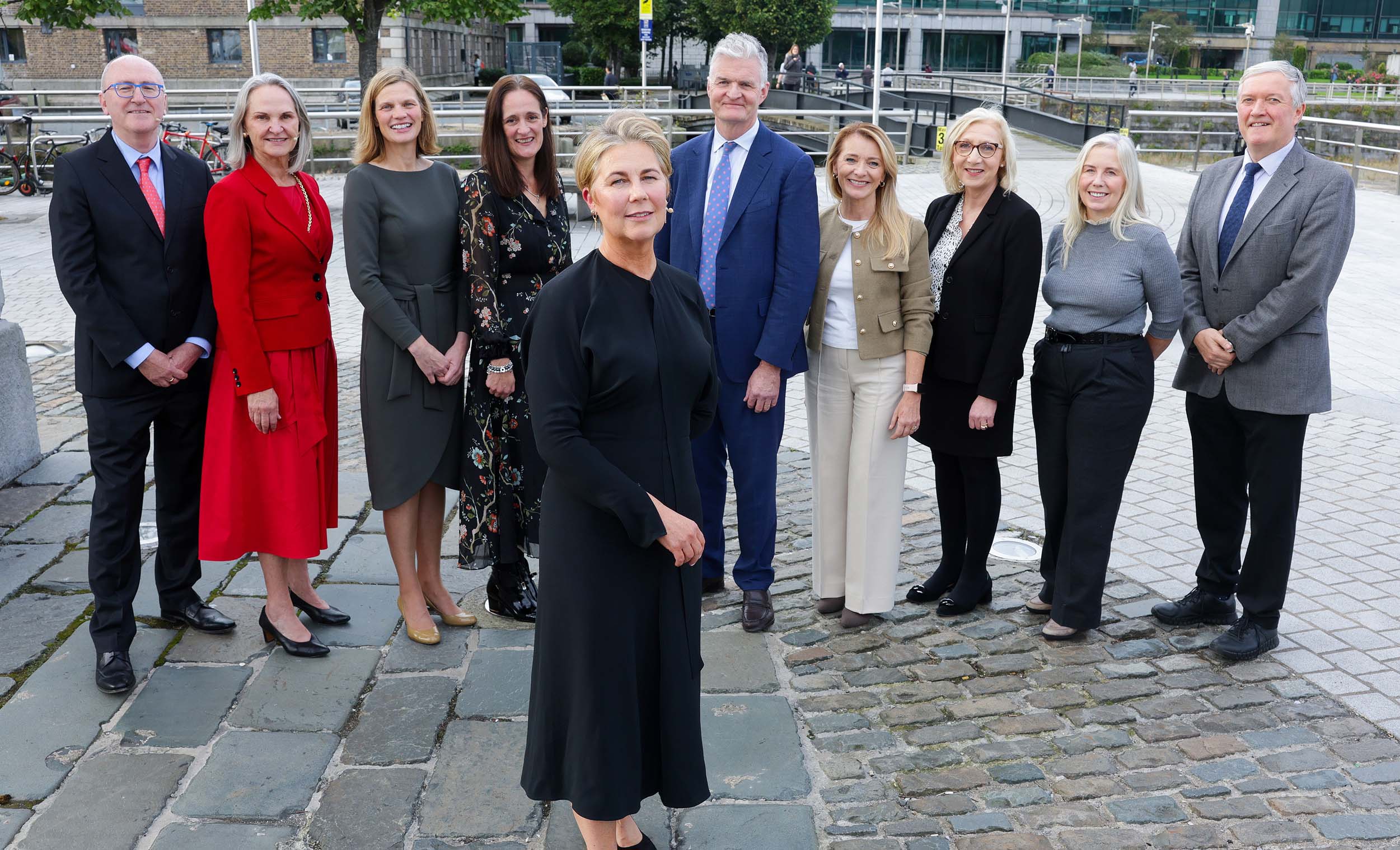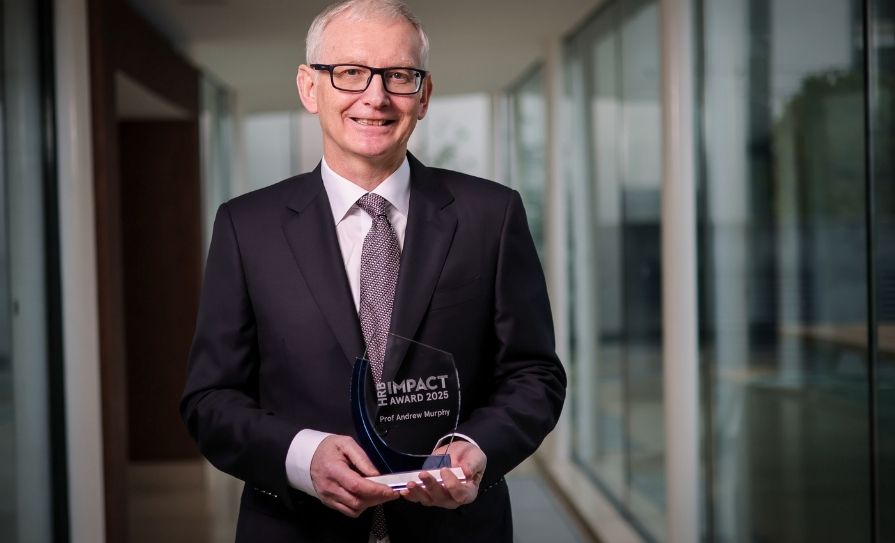Julinda Schroeder reports on the launch of the HSE National Simulation Office
The HSE National Simulation Office (NSO) was launched last month.
The creation of the NSO follows the report The Implementation of Simulation on Clinical Sites: A National Strategic Guide, published in March 2022.
The report was written by the team at the Irish Centre for Applied Patient Safety and Simulation (ICAPSS) in the University of Galway and Saolta University Health Care Group. It was commissioned by the Chief Academic Officer Group in response to a recommendation of the HSE Chief Clinical Officer Dr Colm Henry.
The published document made recommendations for the development of sustainable high-quality simulation activities to support improved healthcare delivery.
The NSO will play a role in promoting collaboration and knowledge exchange among healthcare professionals and academics who are using simulation in healthcare institutions and simulation centres. By developing a community for those working in the area, the NSO will serve as a platform for sharing best practices. The NSO will prioritise faculty development and simulation education, according to the HSE.
In a statement, the Executive said: “Simulation leads to better patient outcomes and safer care by improving performance in the individual healthcare professional, the team, the system and the organisation.”
Demonstrated outcomes that improve the quality of care include decreased infection rates through focused instruction for central line insertion; lowered occurrences of perinatal asphyxia and neonatal hypoxic-ischaemic encephalopathy following team training for obstetric emergencies; and improved survival rates during cardiac arrests using a rapid cycle deliberate practice.
Simulation is both an educational intervention and a diagnostic tool that can be used for exploring and understanding complex healthcare systems to identify areas of improvement, potential risks, and emerging issues.
Vital component
Speakers at the official launch of the NSO, which took place on 12 October, agreed that simulation-based education was becoming a vital component of health education and training.
According to the opening speaker Prof Helen Whelton, Chief Academic Officer of South/South West Hospital Group, the NSO was an important milestone in developing and enhancing the quality of learning within the healthcare sector.
Prof Whelton explained that during the Covid-19 pandemic simulation-based training presented an opportunity to “bring students further along the learning pathway”, before they interacted with patients.
As there was a lot of apprehension among students during the pandemic, she said simulation-based training created a basis for learning while limiting the risk of exposure to the virus.
The benefits of trainees practising in a simulated environment as an alternative to extensive patient exposure became apparent during this time, Prof Whelton said. However, it was also evident that the HSE had to develop a national strategic plan for the area.
“We needed leadership and organisation to deliver and maximise the benefit from simulation-based training from the dedicated resources,” she said.
“There’s a lot happening with simulation-training and [therefore] it’s really timely that the office is established.
“Using simulation as both an educational intervention to directly improve patient outcomes and as a diagnostic tool to examine problems, is a powerful asset for modern healthcare organisations to improve the quality of patient care,” Prof Whelton said.
“Simulation leads to better patient outcomes and safer care by improving performance in the individual healthcare professional, the team, the system and the organisation.”
National Clinical Lead
Prof Dara Byrne has been appointed National Clinical Lead for Simulation at the NSO.
Prof Byrne is Professor of Simulation Education in Healthcare at the School of Medicine, University of Galway, and Director of Simulation at the ICAPSS. She has more than 20 years’ experience in delivering high-quality simulation-based education and training and conducting patient safety research.
She established the national purchasing framework for simulation equipment and goods in 2022 and developed bespoke risk assessments for simulation facilities and a cost calculator to determine the cost of delivering simulation activities.
At the launch, Prof Byrne said that the NSO was starting from a “good place” as the appreciation for this type of training was growing.
“But in the absence of structure… and knowledge it makes it very difficult to deliver sustainable, relevant, and valuable simulation training. My hope is that the NSO will bring us all together to define the priorities to achieve that. There’s no doubt that simulation [training] is incredibly powerful.”
Prof Byrne stressed, however, that simulation should be undertaken within an educational framework for it to be effective.
“So there’s a lot of work [to be done],” she said
Prof Byrne stated there were three aspects of simulation-based training that needed to be explored. The first was its role as an educational intervention that addresses a need. She stressed that simulation was not applicable to all areas. “The need has to be identified and then we line up the simulation requirement for that.”
Simulation could also be used as a diagnostic tool, she said, which required “taking an insistent probing approach by looking at where the problems are and trying to pull them apart”. In this way, it can help staff work better in the system.
The third aspect to simulation involved “taking a qualitative lens aligned with governance and looking at [outcomes in] patient safety and quality care”.
According to Prof Byrne, simulation was agile and has the ability to support change in the health service.
“What makes simulation valuable is its impact on patient safety because practitioners can be trained in a procedure or skill, which will make them better and improve their confidence.”
Simulation-based training also can improve “psychological safety” within healthcare teams.
She defined psychological safety as a shared belief held by members that the team is safe in terms interpersonal risk-taking.
“If you can deliver simulation that is focused on psychological safety, it will translate into clinical practice. It is an exciting time in health professional education. There is a lot of change and simulation is an essential part of that change. It can support growing numbers of students and trainees, enhance integrated models of care, and provide a renewed focus on quality improvement,” Prof Byrne said.
‘Huge opportunity’
Another speaker at the event was Dr Mary Browne, HSE National Quality and Patient Safety Directorate. Dr Browne spoke about healthcare simulation as a unique strategy to improve quality and patient safety.
“It brings people together to understand the issue so that they can agree on the aims and measures and test and change ideas,” she said.
Dr Browne added there was currently a “huge opportunity to establish simulation-based training in the Irish healthcare system”.
Ms Heather Helen, Clinical Tutor in Midwifery, University of Galway, spoke about her team’s experience of multi-professional simulation-based learning for obstetric emergencies. Ms Helen referred to training in this manner within the context of bridging the theory-practice gap.
Prof Michelle Canavan, Professor of Older Adult Health, University of Galway, spoke about the role of simulation in integrated care services for older people. Prof Canavan emphasised that simulation-based training provided an opportunity to “see how things work in a safe, non-adversarial space”.













Leave a Reply
You must be logged in to post a comment.